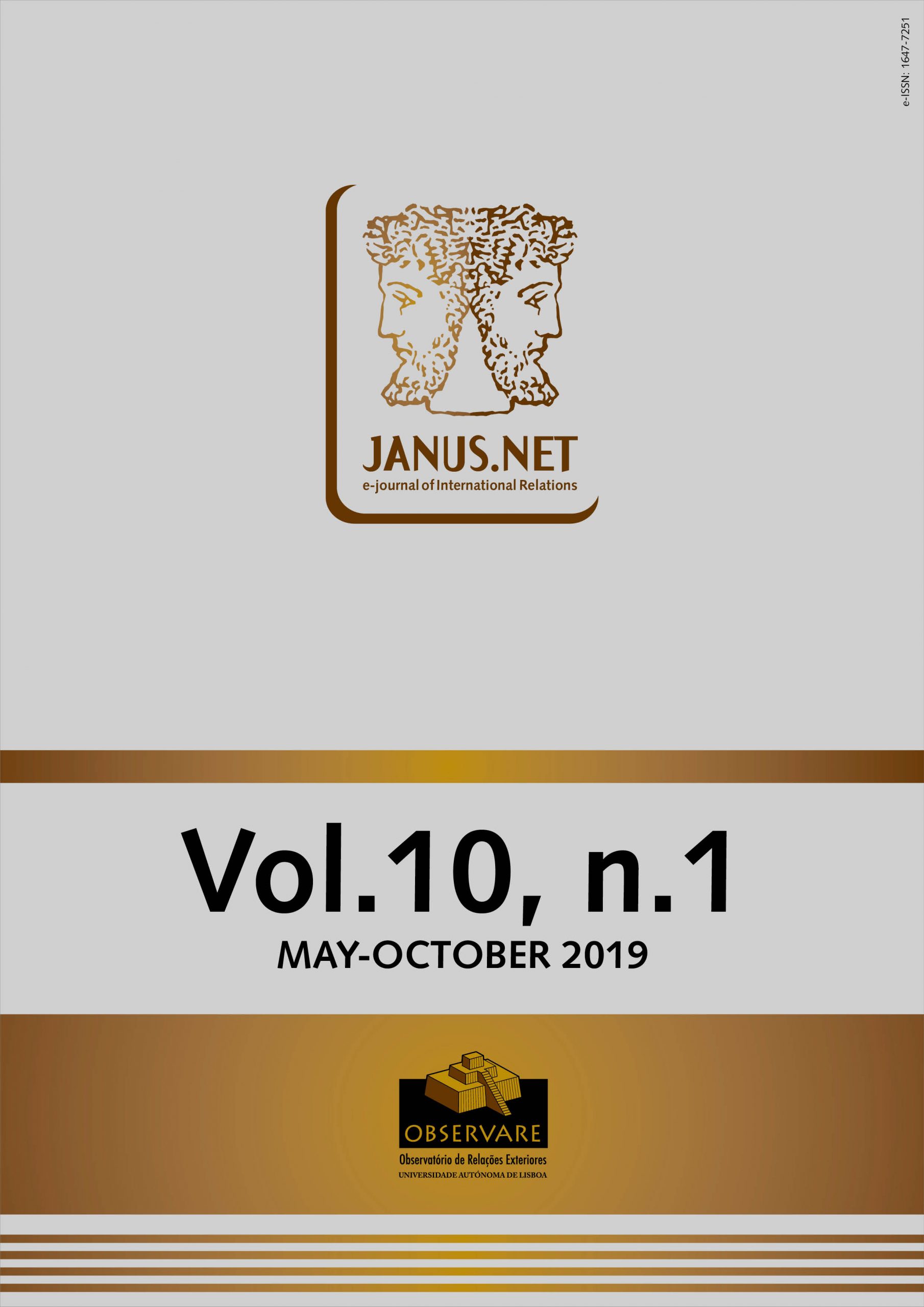This article focuses on the analysis of the first decade (2006-2016) of the Human Rights Council (HRC) work. We analyze particularly the relevance of the HRC special sessions in what concerns to the protection of civilians in current non-international armed conflicts (NIAC). The HRC, that replaced the Commission on Human Rights, was established by the United Nations General Assembly (UNGA) Resolution 60/251 adopted on 15 March 2006. This institutional reshaping intended to transform the HRC into an action-oriented body, in an attempt to give a more effective and rapid response to global human rights (HR) protection challenges.
Following the 2004 Report of the High-Level Panel on Threats, Challenges and Change, the United Nations General-Secretary Kofi Annan drew attention to the fact that a decisive moment for the United Nations (UN) had began. Kofi Annan highlighted in particular the need to fulfill the aspirations established in the United Nations Charter (UNC), and emphasized in general terms the challenges facing HR protection, particularizing the protection of the civilian population given the complexity of our days armed conflicts. Therefore the HRC appears in this line of institutional restructuring.
The special sessions are one of the working methods of the HRC which allows the consideration of gross HR violations that need attention and require an urgent decision-making. The author argues that the analysis of these sessions is particularly relevant, because it allows us, on the one hand to examine which situations were analyzed, and on the other hand the different positions regarding this decision-making method that has not always proved consensual. I also argue that this decision-making procedure reflects some opportunities and faces challenges in trying to deal with the different perspectives of the actors within the HRC.
THE RELEVANCE OF HUMAN RIGHTS COUNCIL SPECIAL SESSIONS: THE PROTECTION OF THE CIVILIAN POPULATION IN CURRENT INTERNAL ARMED CONFLICTS
»
PhD student in International Relations at the Faculty of Economics, University of Coimbra-Center for Social Studies (FEUC-CES, Portugal). Scholarship Holder of the Foundation for Science and Technology.
Resumo
Este artigo centra-se na análise da primeira década (2006-2016) do trabalho do Conselho de Direitos Humanos (CDH) ao nível da relevância das sessões especiais do Conselho para a proteção da população civil nos conflitos armados de caráter não internacional (CANI) atuais. O CDH foi instituído pela Assembleia-Geral das Nações Unidas (AGNU) através da Resolução 60/251 adotada a 15 de março de 2006, em substituição da Comissão de Direitos Humanos. Esta remodelação institucional tinha como intuito tornar o Conselho num órgão orientado para a ação, numa tentativa de dar uma resposta mais eficaz e célere aos desafios mundiais de proteção dos direitos humanos (DH). No seguimento do Relatório do Painel de Alto Nível sobre Ameaças, Desafios e Mudança de 2004, o Secretário-Geral das Nações Unidas Kofi Annan chamou a atenção para o facto de se estar a enfrentar um momento decisivo para as Nações Unidas, em particular, para a concretização das aspirações estabelecidas na Carta constitutiva da Organização das Nações Unidas (ONU). De entre estes desafios foi salientada a proteção dos DH em geral e da população civil em particular, dada a complexidade dos conflitos atuais. O CDH surge assim nesta linha de reestruturação institucional. As sessões especiais são um dos métodos de trabalho do Conselho que permite que se considerem situações flagrantes de abusos de DH que necessitam de atenção e tomada de posição urgente. A autora argumenta que a análise destas sessões é particularmente pertinente, por permitir examinar que situações foram alvo desta atuação e as diferentes posições em relação a esta forma de tomada de decisão que nem sempre se revelou consensual. Argumento ainda que este processo de tomada de decisão reflete algumas oportunidades e enfrenta desafios ao tentar lidar com as diferentes perspetivas dos atores no seio do CDH.
Palavras-chave
Como citar este artigo
Roque, Sónia (2019). “The relevance of Human Rights Council special sessions: the protection of the civilian population in current internal armed conflicts”. JANUS.NET e-journal of International Relations, Vol. 10, N.º 1, May-October 2019. Consulted [online] on the date of the last visit, https://doi.org/10.26619/1647-7251.10.1.3
Article received on 24 March, 2018 and accepted for publication on 4 September, 2018















